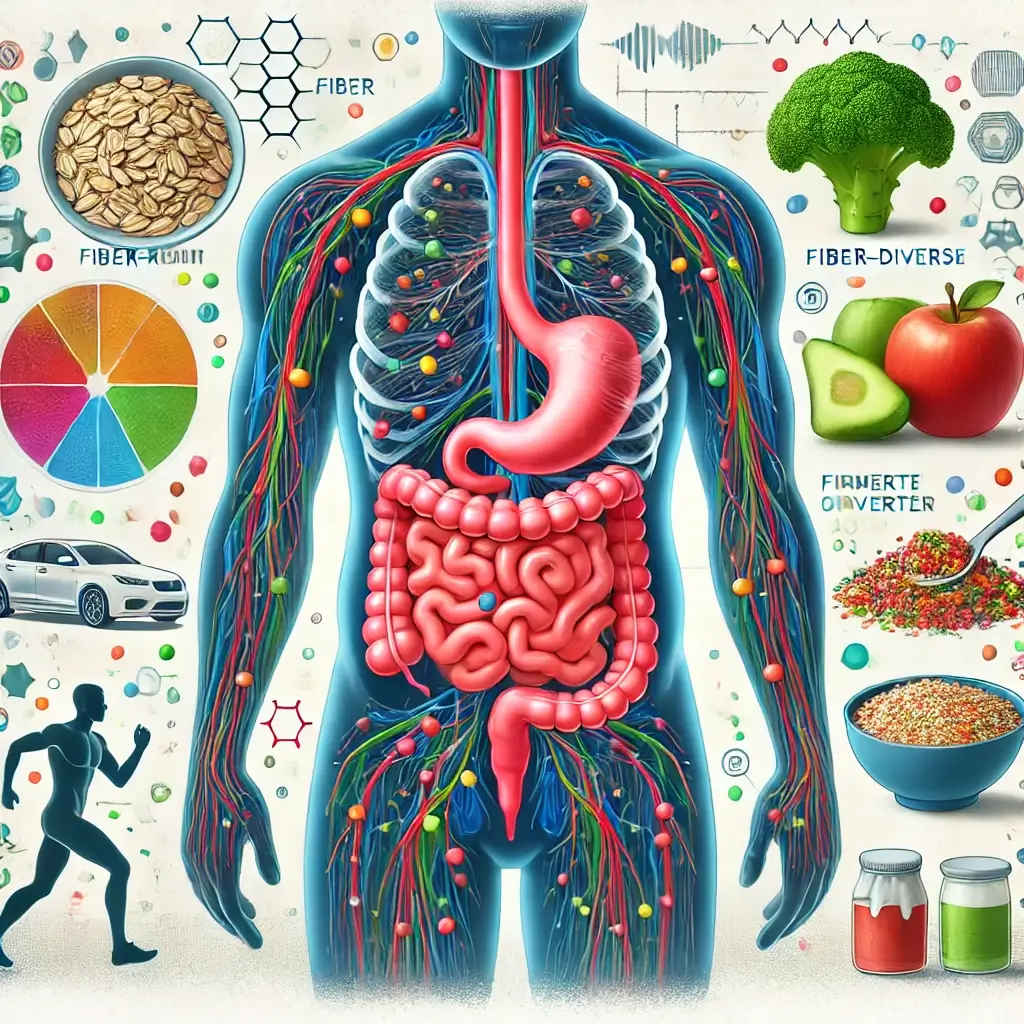10 Research-Proven Strategies to Maintain Regular Bowel Movements Naturally
Understanding Constipation and Its Impact
Constipation, a condition characterized by infrequent or difficult bowel movements, affects individuals of all ages and lifestyles. While occasional constipation is relatively harmless, chronic cases can lead to severe discomfort, abdominal pain, and other complications, such as hemorrhoids or anal fissures. As a result, it is essential to prioritize preventive measures to maintain digestive health and overall well-being.
Contributing Factors and Modern Lifestyle
Several factors contribute to constipation prevention, including low fiber intake, inadequate hydration, stress, and lack of physical activity. These issues are often exacerbated by modern dietary habits and sedentary lifestyles. Fortunately, there are natural research-supported ways to prevent constipation, many of which involve simple adjustments to daily routines.
Article Purpose and Scope
This article provides a comprehensive guide to preventing constipation, focusing on dietary, lifestyle, and supplementary strategies backed by scientific evidence. By incorporating these practices into your daily life, you can ensure optimal digestive function and long-term gut health.
Research-Based Strategies to Prevent Constipation
Dietary Recommendations
The Importance of Fiber
Fiber is crucial for maintaining regular bowel movements as it adds bulk to stool and promotes intestinal motility. A 2016 review in Alimentary Pharmacology & Therapeutics highlighted the effectiveness of fiber in relieving constipation symptoms. Foods such as whole grains, vegetables, fruits, and legumes are excellent sources of dietary fiber. To avoid bloating, increase fiber intake gradually to the recommended daily amount of 25–35 grams.
Hydration’s Role in Prevention
Adequate water intake is essential for softening stool and preventing constipation. A 2019 study in Nutrients emphasized that dehydration can significantly slow bowel movements, leading to hardened stool. Drinking at least eight glasses of water daily, or more depending on activity levels and environmental conditions, is a simple yet effective strategy.
The Impact of Processed Foods
Processed foods often lack fiber and contain additives that disrupt gut health. A 2017 study in Nature revealed that diets high in processed sugars could alter gut microbiota, contributing to constipation. Choosing whole minimally processed foods is a healthier alternative that supports gut function.
Lifestyle Adjustments
The Benefits of Physical Activity
Exercise is a natural stimulant for intestinal motility. A 2018 review in the World Journal of Gastroenterology found that even moderate activities like walking or yoga improve bowel regularity. Aim for at least 30 minutes of moderate exercise on most days of the week.
Establishing Bowel Movement Routines
Listening to your body and responding promptly to the urge to defecate can prevent constipation. Establishing a bathroom routine after meals can help train your body for regular bowel movements.
Managing Stress for Better Gut Health
Chronic stress disrupts gut-brain communication and can lead to constipation. A 2015 study in Gut explored the relationship between stress and digestive health, suggesting relaxation techniques such as meditation and yoga to alleviate stress and improve gut motility.
The Connection Between Sleep and Digestion
Sleep plays a critical role in maintaining healthy digestive function. Poor sleep disrupts the balance of gut hormones, contributing to constipation. Aim for 7–8 hours of quality sleep each night to support regular bowel movements.
Supplementary Remedies
The Role of Probiotics
Probiotics introduce beneficial bacteria into the gut, helping to balance the microbiome and promote regularity. A 2014 meta-analysis in The American Journal of Gastroenterology highlighted the role of probiotics in improving stool frequency and consistency. Consult a healthcare provider for recommendations tailored to your digestive needs.
Strengthening Pelvic Floor Muscles
Strengthening the pelvic floor muscles can aid in bowel movements, especially for individuals with pelvic floor dysfunction. These exercises should be performed under professional guidance for optimal results.
The Benefits of Magnesium
Magnesium aids in stool softening and intestinal muscle relaxation. While it’s available over-the-counter, it’s crucial to consult a healthcare provider before starting supplements, as excessive magnesium can lead to diarrhea or electrolyte imbalances.
Final Thoughts on Prevention
Constipation, while common, is a condition that can be effectively managed through lifestyle changes. High-fiber foods, adequate hydration, and regular physical activity form the foundation of a healthy digestive system. Stress management, consistent sleep, and probiotic supplementation can further enhance gut health and bowel regularity.
When to Seek Medical Attention
If constipation persists or is accompanied by severe symptoms such as abdominal pain or rectal bleeding, seek medical attention to rule out underlying conditions. With a proactive approach to digestive health, you can maintain digestive harmony and overall well-being.
References
Chey, W. D., et al. (2016). Fiber for constipation: Effect on constipation symptoms and quality of life. Alimentary Pharmacology & Therapeutics, 44(11), 1421–1431. Link
Li, Z., et al. (2019). Gut microbiota, fiber intake, and constipation. Nutrients, 11(7), 1709. Link
Sonnenburg, E. L., & Bäckhed, F. (2017). Diet-microbiota interactions as moderators of human metabolism. Nature. Link
Probiotics for Constipation. (2014). The American Journal of Gastroenterology. Link













